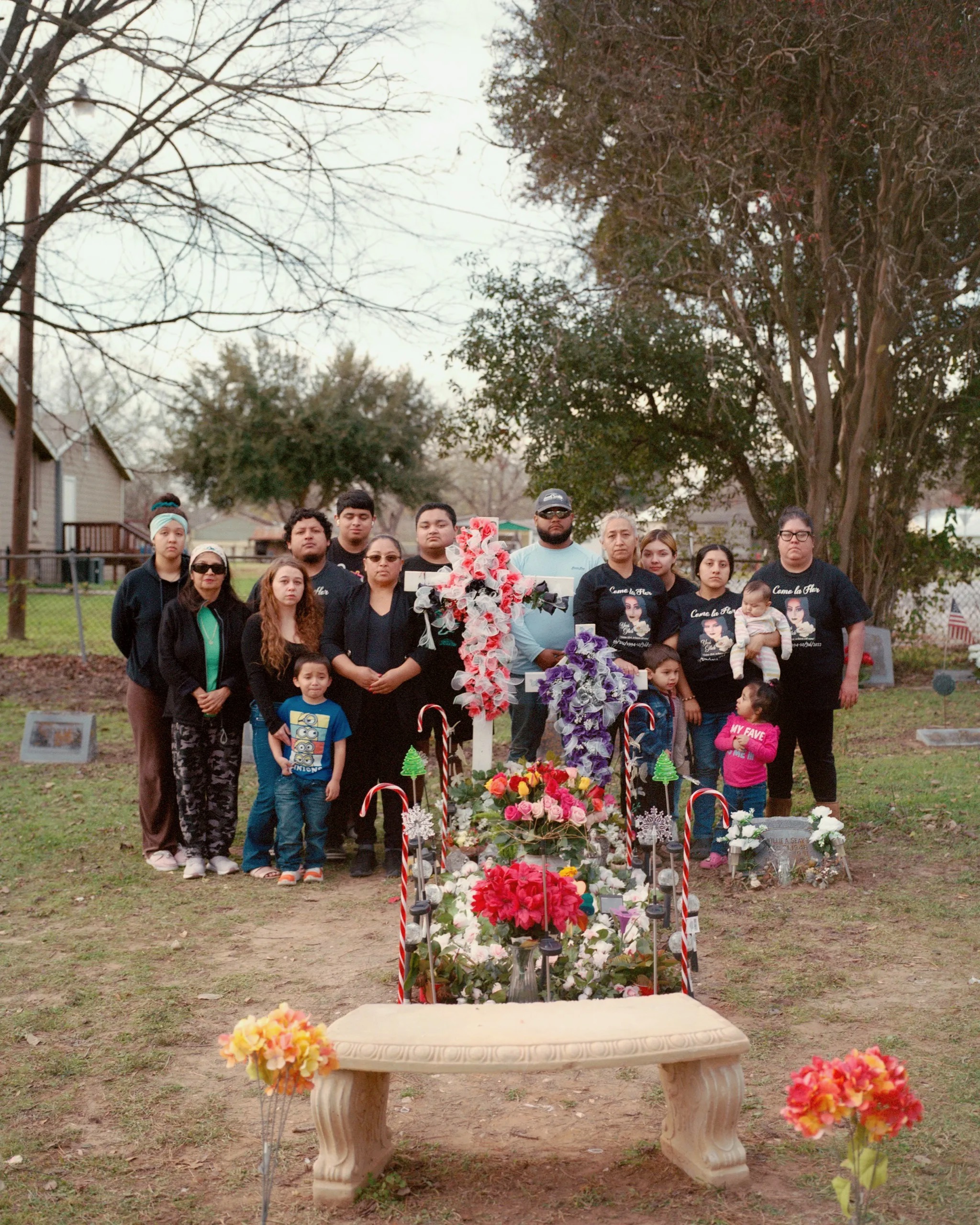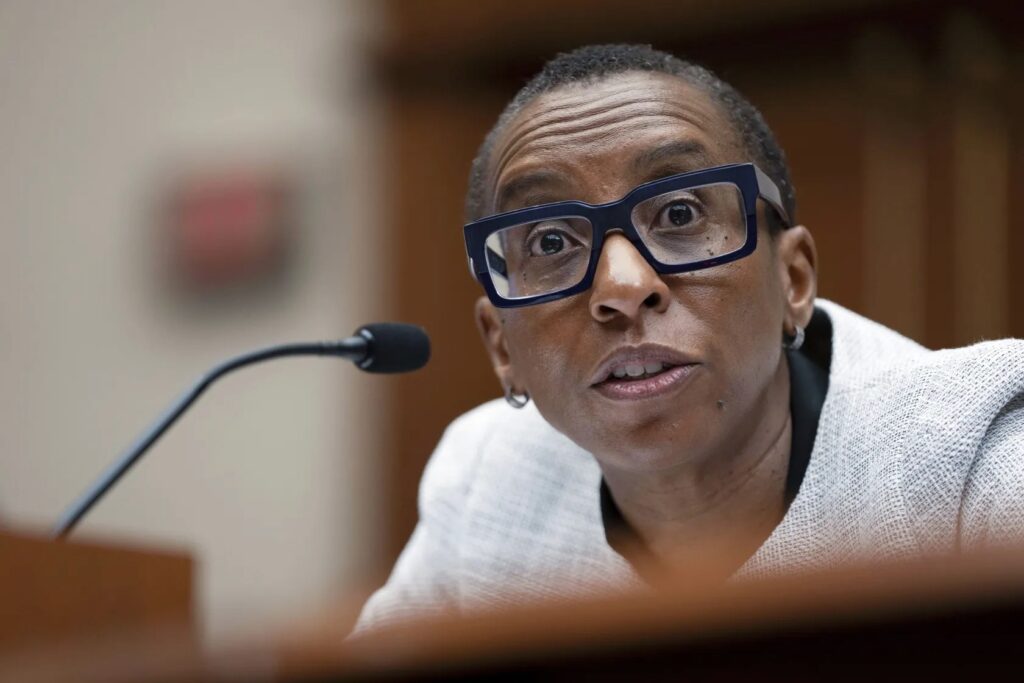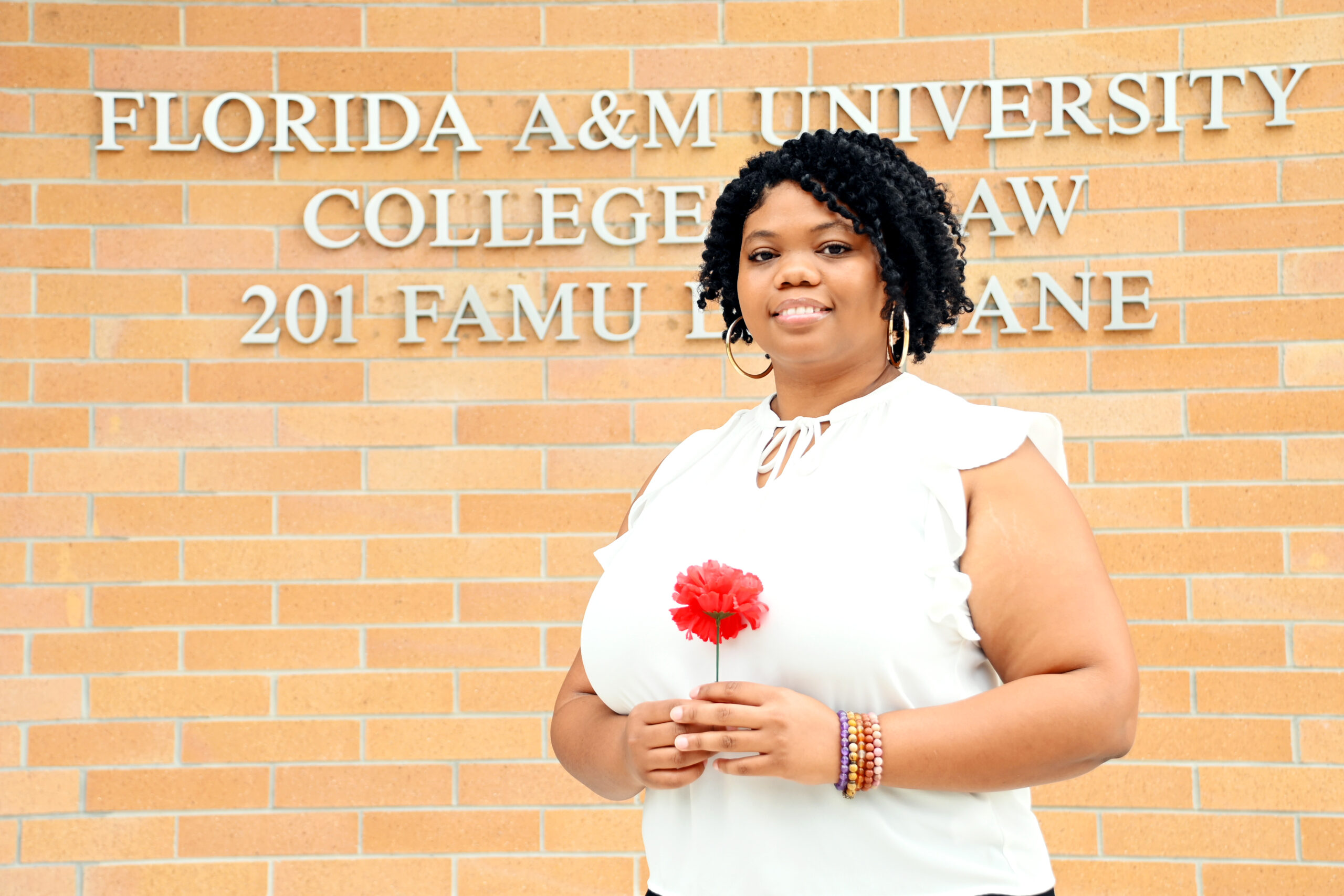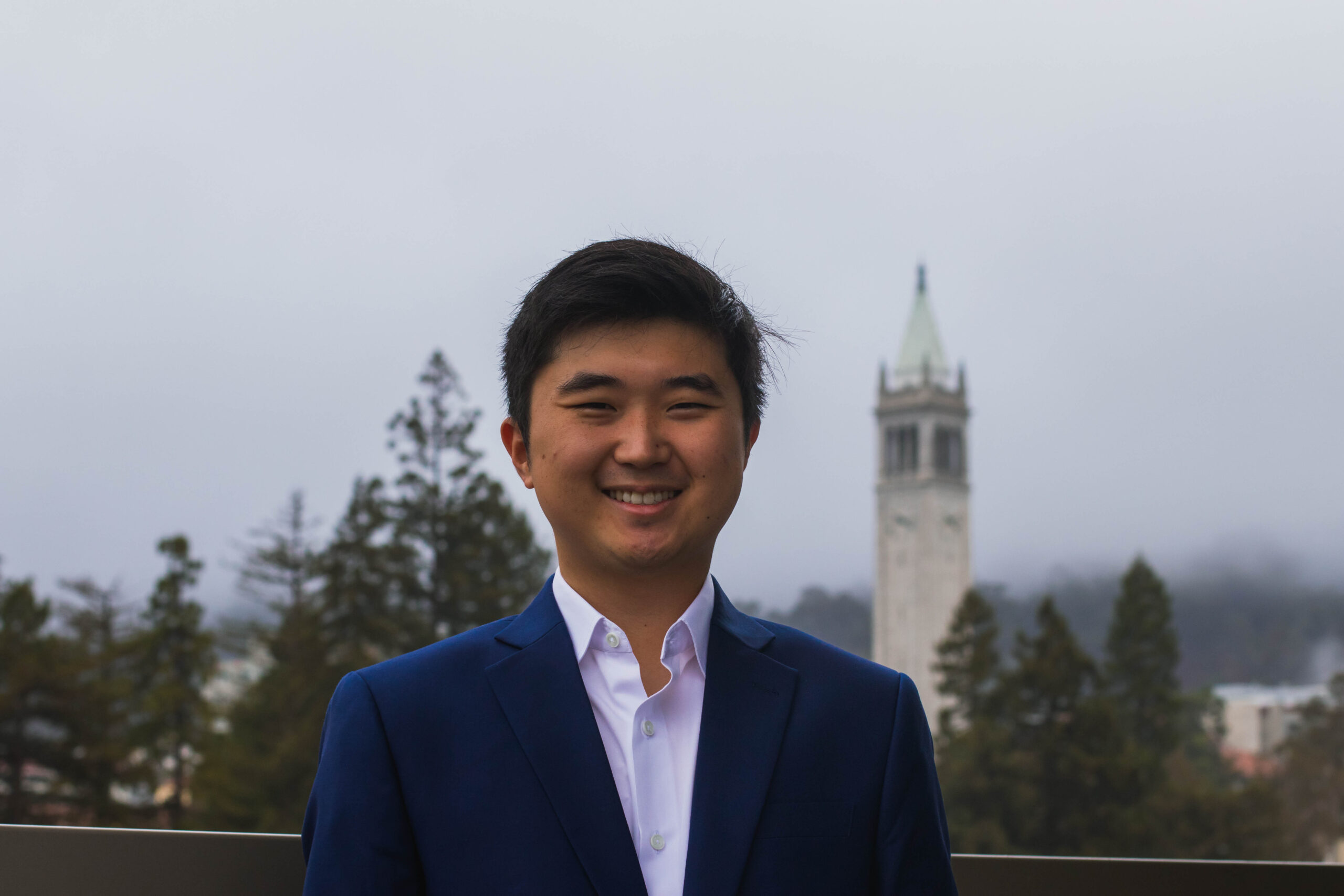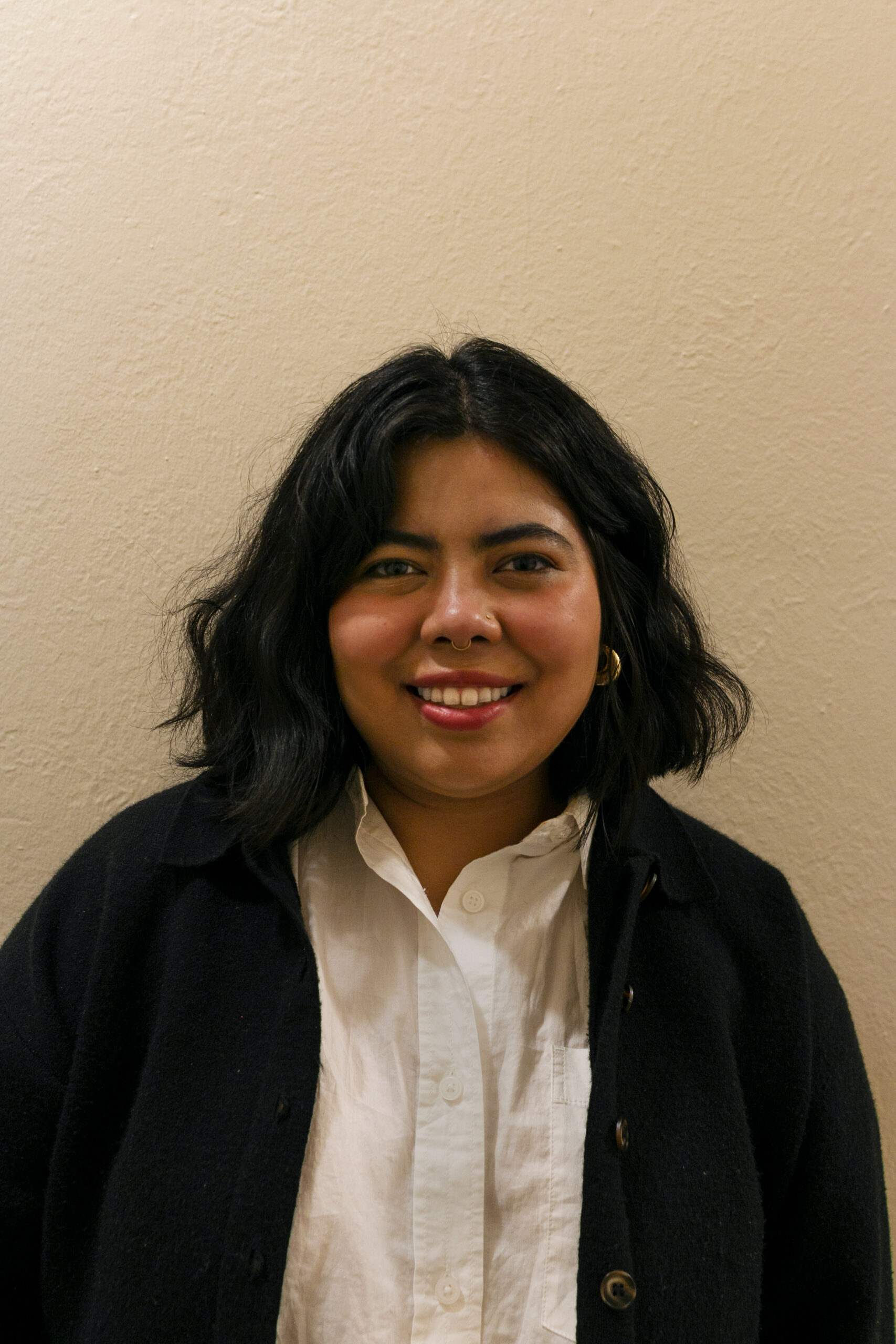If you support diversity, 2024 is the year to stand up and fight back
Say It Louder
Marc H. Morial is a lawyer and president of the National Urban League.
In Roger Ross Williams’ 2023 documentary film “Stamped from the Beginning,” based upon Ibram X. Kendi’s book of the same name, a series of prominent Black women recount their “Phillis Wheatley moment.”
A West African kidnapped as a child and enslaved in Boston, Wheatley captivated England and the American colonies with the publication of “Poems on Various Subjects, Religious and Moral” in 1773. Before its publication, she was “examined” by “the most respectable Characters in Boston,” forcing her to prove that the poems really were her own work. The book was released with an attestation that Wheatley “has been examined by some of the best Judges, and is thought qualified to write them.”
The brilliance and achievement of Black women is no less intimidating to some white men today than 250 years ago. The appointment of Claudine Gay to the presidency of Harvard University last year represented a terrifying threat to the wealthy white male power structure that Harvard so long embodied.
Read the rest on Chicago Sun Times
Women lawyers were making huge progress. Then, the diversity lawsuits began.
Speaking Of...
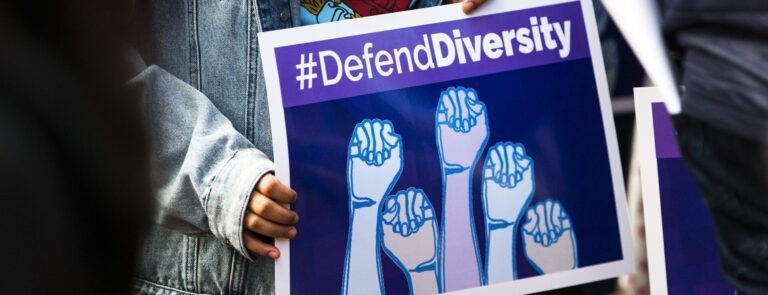
As women and minorities posted their biggest gains in law office representation last year, diversity advocates said firm worries about lawsuits after last year’s US Supreme Court decision threaten progress
“Too often the conversation seems to be shifting from ‘We need to do better,’ to ‘How do we keep from getting sued?’” said Lauren Stiller Rikleen, president of Rikleen Institute for Strategic Leadership, which consults law firms on diversity issues. “The Harvard case cannot be an excuse for results that should have been vastly improved years ago.”
Read the rest on Bloomberg Law
Rightwing court just said the quiet part aloud about abortion
Less Of This

When the Supreme Court overturned Roe v. Wade, it claimed to be removing the judiciary from the abortion debate. In reality, it simply gave the courts a macabre new task: deciding how far states can push a patient toward death before allowing her to undergo an emergency abortion. On Tuesday, the U.S. Court of Appeals for the 5th Circuit offered its own answer, declaring that Texas may prohibit hospitals from providing “stabilizing treatment” to pregnant patients by performing an abortion—withholding the procedure until their condition deteriorates to the point of grievous injury or near-certain death. The ruling proves what we already know: Roe’s demise has transformed the judiciary into a kind of death panel that holds the power to elevate the potential life of a fetus over the actual life of a patient.
Read the rest on Slate
An abortion ban cost a young woman her life
Perspective

Yeniifer Alvarez arrived in central Texas from San Luis Potosí, Mexico, in 1998. At three, she was just old enough to have a sense of a world left behind: the fire that warmed the house in the evening, the meat hung to dry outside the door, and la bisabuela, her adored great-grandmother, who had died shortly before Yeni and her mom went north. In Luling, Yeni, her parents, aunts, and grandmother settled into a cramped house with a tin roof that was down the street from her great-uncles, the first members of the family to discover the town’s decent jobs, in the oil fields.
Black gold had been gushing there since the nineteen-twenties, and a sulfurous odor hung in the air. To this day, when the smell drifts fifty miles north, people in Austin call it “the Luling effect.” Yeni’s father worked in oil, too, but it wasn’t long before he was deported.
Read the rest on New Yorker




